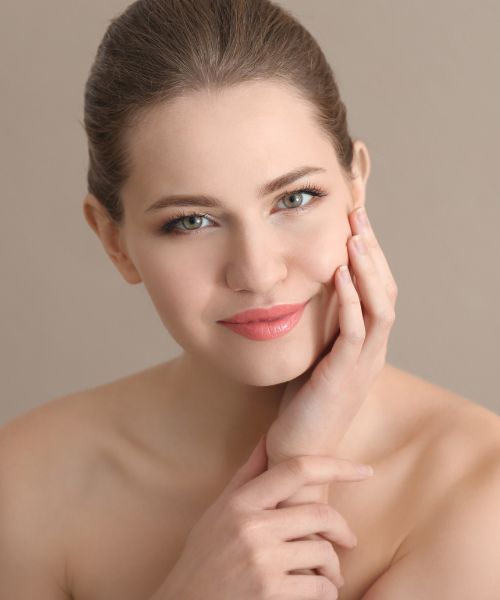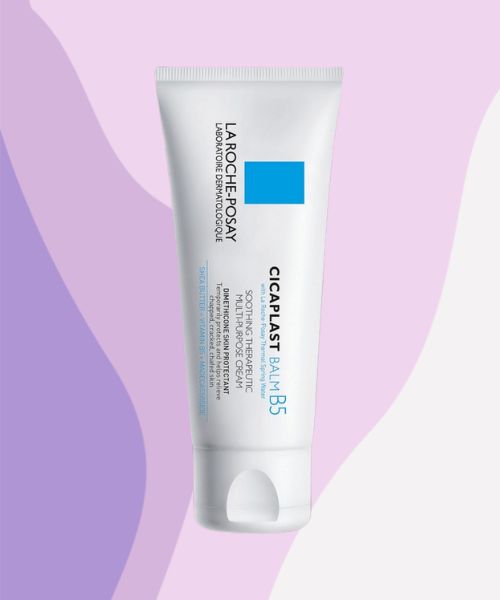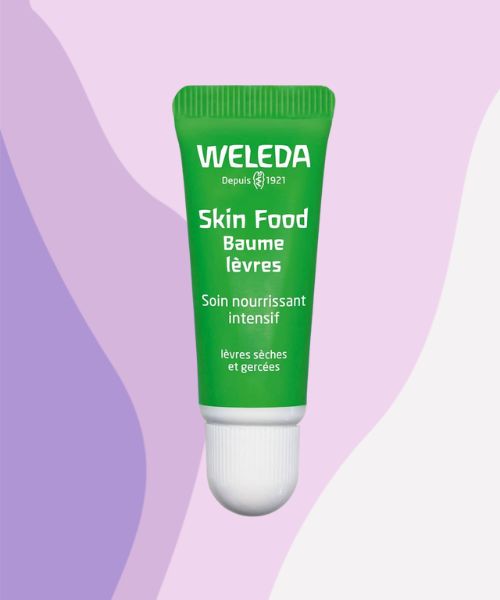• Glycerin is a natural component derived from vegetable oils or animal fat that is often used in cosmetics due to its ability to attract and retain water into the skin.
• Glycerin is a humectant, which means it helps keep the skin hydrated by pulling water from deeper levels into the outer layer of skin.
• Glycerin has also been shown to help replenish the skin’s natural barrier by helping to increase the production of essential lipids like ceramides.
• Furthermore, glycerin is proven to have the ability to help repair damage to the skin barrier by reducing inflammation and creating a bacteriostatic environment.
• Glycerin can be found in most skincare products and can be used in either or multiple steps of your skincare routine.
Glycerin is the most common ingredient in skincare products, but it’s less talked about than its famous humectant cousin – hyaluronic acid.
However, despite being lesser known, glycerin is an incredibly versatile and beneficial skincare ingredient that can help hydrate and protect the skin and repair a damaged barrier by drawing water into the skin.
So, what is glycerin exactly? And how does it work to improve the health of our skin?
In this article, we’ll take a closer look at glycerin – what it is, its benefits, and how to use it properly to get the most out of it.

What is Glycerin, and How Does it Work?
Glycerin is a natural component derived from vegetable oils or animal fat. This component is clear, odorless, and has a syrupy liquid consistency with a sweet taste.
However, we know it best as a common ingredient in many beauty products as it is often used in cosmetics due to its ability to attract and retain water into the skin.
Glycerin is a humectant, a type of moisturizing agent that pulls water into the outer layer of your skin from deeper levels of your skin and the air.
In skincare products, glycerin is commonly used alongside occlusive ingredients, which are another type of moisturizing agents that create a barrier on the skin’s surface to trap moisture into the skin instead of letting it evaporate.
This combination of glycerin and an occlusive ingredient is often used in products that relieve dry skin, such as lotions, creams, and serums.
Some benefits of using glycerin on the skin include:
- Hydrated and supple skin.
- Improved barrier function.
- Relieved dryness and irritation.
- Accelerated wound-healing.
- Decreased inflammation.
How Does Glycerin Help Repair the Skin Barrier?

Our skin barrier is composed of natural lipids like ceramides, cholesterol, and free fatty acids that work to protect our skin from environmental aggressors like bacteria, pollution, and UV rays.
However, depending on various factors like genetics, cosmetics, and lifestyle choices, our skin barrier can become damaged at any point in our lives.
This means that the lipid ratio in our skin is out of balance, and we can experience consequences like dryness, irritation, and even inflammatory skin conditions like eczema, acne, and rosacea.
However, it has been proven that hydration is essential for maintaining proper skin barrier function.
This is where glycerin comes in. As a humectant, glycerin helps to keep the skin hydrated by attracting water to its outermost layer.
In addition, glycerin has also been shown to help replenish the skin’s natural barrier by helping to increase the production of essential lipids like ceramides.
Furthermore, glycerin is also proven to have the ability to help repair damage to the skin barrier by reducing inflammation and creating a bacteriostatic environment, which decreases the number of microbes in wounds and results in better wound-healing outcomes.
How to Use Glycerin to Repair the Skin Barrier?
Glycerin is found in most skincare products, from cleansers, toners, essences, serums, and moisturizers, and can be used in either or multiple steps of your skincare routine.
However, if your goal is to repair your skin barrier, it’s important to use products that contain both glycerin and emollients or occlusive ingredients that will create that seal on the surface of your skin to prevent moisture from evaporating.
As I already mentioned above, glycerin is a humectant, and although it’s much better at retaining moisture in the skin than some other, more popular humectants, like hyaluronic acid, it will still make your skin feel drier if used without an occlusive ingredient.
And while using pure glycerin isn’t entirely necessary for barrier repair, it’s always a great idea to seal your water-based products like toners, essences, and serums with a moisturizer or oil to ensure all that moisture stays locked into your skin.
Are There Side Effects Associated With Glycerin Use?

Glycerin is one of the safest ingredients found in skincare products and has very few, if any, side effects associated with its use.
The only thing you have to be mindful of is using glycerin correctly, as using it without an occlusive ingredient can lead to drier skin.
Other than that, glycerin is suitable for all skin types, including sensitive skin, and is also non-comedogenic, meaning it won’t clog your pores and cause acne outbreaks.
Glycerin can also be used both in the morning and at night and is a great, affordable, and common ingredient that will help hydrate your skin and repair a damaged skin barrier.
Best Products Containing Glycerin
A damaged skin barrier doesn’t only occur on the face but can also happen on other areas of the body, like the hands, feet, and lips.
If your main skin concern is repairing your skin barrier, I would recommend using products containing glycerin and an occlusive ingredient like shea butter, beeswax, or petrolatum jelly.
Here are some of my favorite glycerin-containing products that will help repair your skin barrier, be it on the face, hands, body, or lips:
Cetaphil – Moisturizing Cream

Best body cream for dry, irritated, sensitive, eczema-prone skin.
The Cetaphil Moisturizing Cream contains a rich cocktail of humectants, emollients, and occlusives like hydrating glycerin and panthenol, softening oils, plus anti-inflammatory niacinamide to nourish and soothe dry and sensitive skin.
Aquaphor – Healing Ointment

Best face and body ointment for wound healing, chapped skin, and eczema.
Aquaphor Healing Ointment contains a high concentration of glycerin to help heal dry, cracked skin, chapped lips, and minor cuts and scrapes. It’s also great for eczema-prone skin as it provides a thick barrier of protection against irritants thanks to the petroleum-like consistency that seals in moisture.
La Roche-Posay – Cicaplast Baume B5

Best face moisturizer for all skin types, including oily and acne-prone skin.
Excellent for repairing the skin barrier, the Cicaplast Baume B5 is a multi-purpose balm from La Roche-Posay, ideal for all skin types, including sensitive, oily, and acne-prone skin. It contains a blend of glycerin, shea butter, niacinamide, and madecassoside to soothe and repair damaged skin while also providing long-lasting hydration.
Weleda – Skin Food Lip Butter

Best for dry, chapped lips.
Weleda’s Skin Food Lip Butter is a thick, creamy lip balm that contains glycerin to help heal dry, chapped lips. It also has a blend of beeswax and other plant-based oils and waxes to create a barrier on the lips to lock in hydration.
L’Occitane – Shea Butter Hand Cream

The L’Occitane Shea Butter Hand Cream is a thick, creamy moisturizer that contains a combination of emollients alongside glycerin and beta-glucan, a naturally derived sugar complex that contributes to moisturizing and soothing the skin and healing dry, chapped hands.
With one being sold every three seconds, this is definitely a cult-favorite product for a reason!

My name is Simone and I am a certified skin specialist. I created this website to teach my readers how to take great care of their skin and I also like to occasionally share my honest opinions on skincare products I’ve tried. You can learn more about me here.
